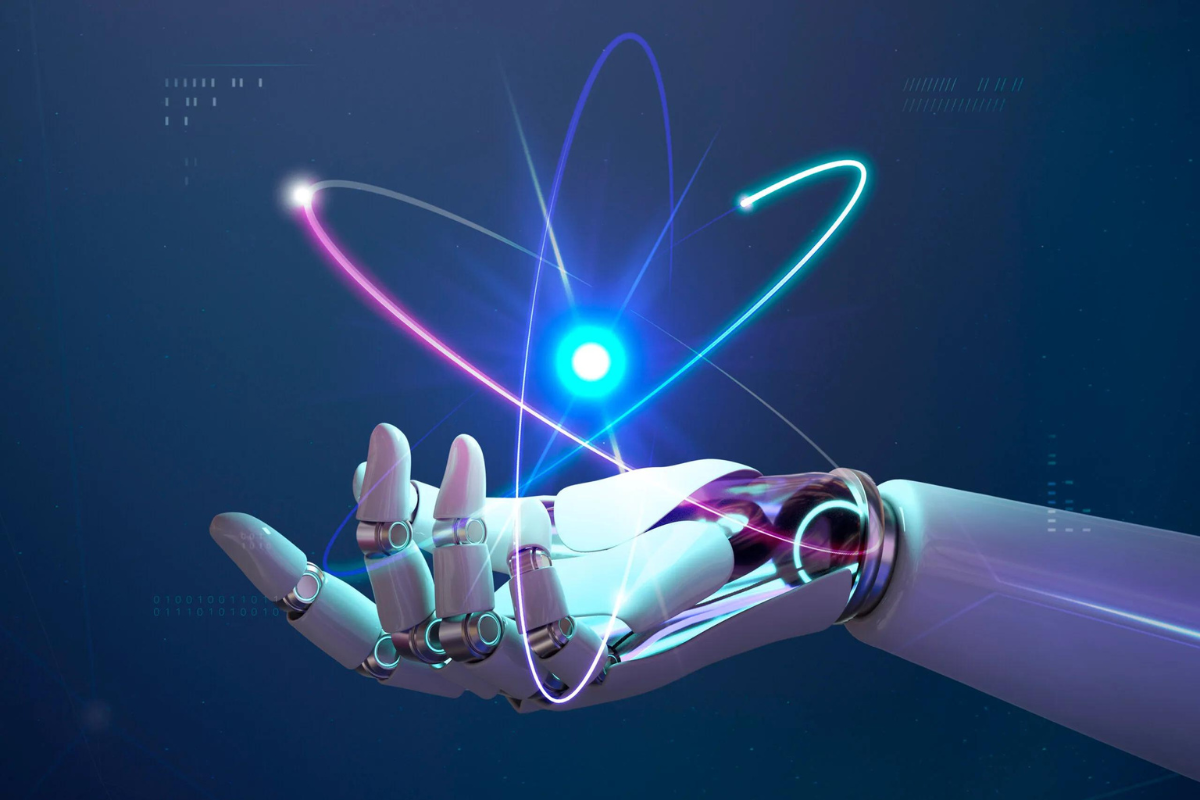
Artificial intelligence (AI) and machine learning are revolutionizing the way we work, live and interact with the world. From virtual assistants like Siri and Alexa to predictive analytics and generative AI, these technological advancements are changing the face of work and the job market.
As AI and machine learning continue to evolve, their impact on the job market is becoming increasingly significant. The World Economic Forum predicts that by 2025, AI will replace 85 million jobs globally while creating 97 million new roles. However, the jobs that AI will create will differ from those being lost. For instance, AI is already being used to automate repetitive and mundane tasks such as data entry and processing, which means that jobs requiring these skills will likely be automated in the future. Nonetheless, jobs requiring human skills such as creativity, problem-solving, and empathy are less likely to be replaced by machines in the near future.
One company that has successfully integrated AI into its business is UPS. The logistics company has been leveraging AI to optimize its delivery routes, saving them millions in fuel costs. By analyzing factors such as traffic, weather, and package volume, UPS has significantly reduced the time and distance their delivery trucks travel, thus reducing their carbon footprint.
AI is also creating new industries and business models. For example, the rise of self-driving cars has led to new businesses that use autonomous vehicles, such as ride-hailing services and delivery companies. This has created new job opportunities for people with software engineering and data analysis skills.
To adapt to these changes, businesses must identify which tasks can be automated and which cannot. This will enable them to create a strategy for adopting AI tailored to their needs. For instance, businesses that rely heavily on data entry and processing may benefit from adopting AI to automate these tasks. Companies that require a lot of creativity and problem-solving may want to invest in training their employees in these skills. Enterprises that adapt to these changes will avoid being left behind, and for example, brick-and-mortar retailers still need to embrace e-commerce that has struggled to compete with online retailers such as Amazon.
AI-powered virtual assistants like Siri and Alexa are becoming increasingly common in the workplace. These virtual assistants can help employees to schedule meetings, prioritize tasks, and even manage their email inboxes. By automating these time-consuming tasks, employees will have more time to focus on higher-value work that requires human skills such as creativity and problem-solving.
AI-powered predictive analytics is transforming how companies approach hiring. By analyzing data on job candidates, AI helps recruiters to identify the best candidates for a given role based on factors such as their education, work experience, and skills. This makes the hiring process more efficient and effective while reducing the potential for bias and discrimination.
Collaborative robots or cobots are designed to work alongside humans, automating dangerous or physically taxing tasks for humans, such as lifting heavy objects or working in hazardous environments. By working alongside cobots, humans can focus on tasks that require human skills, such as critical thinking and decision-making. AI will help to create a safer, more efficient, and more productive work environment.
Takeaway
The rapid development and integration of AI and machine learning technology into the workforce has become a hot topic in recent years. As we move forward, the impact of these technologies will only become more prevalent, shaping the future of work in ways we are yet to imagine.
While AI and machine learning have the potential to automate many job functions and increase efficiency, it also presents unique opportunities for businesses to expand and evolve. Companies need to recognize and adapt to these shifts in order to stay ahead of the curve.
Adapting to these changes may require a significant investment in new technology and a shift in business models. This includes retraining employees to work alongside AI or hiring new specialized talent, such as machine learning experts and data analysts.
To fully leverage AI and machine learning in your business, it may be wise to consider partnering with software solutions companies that incorporate data science and AI into their digital products. This will enable you to stay up to date with the latest technology and remain competitive in a rapidly evolving business landscape.
In summary, the future of work is being shaped by AI and machine learning, and businesses that are willing to embrace these new technologies will be best positioned to succeed in the long run.

